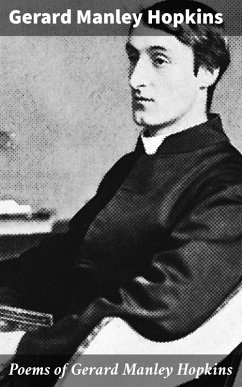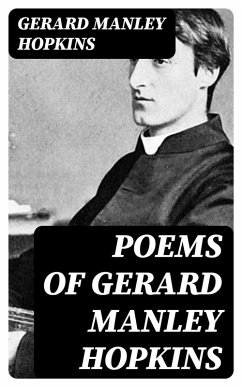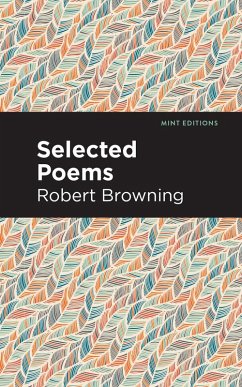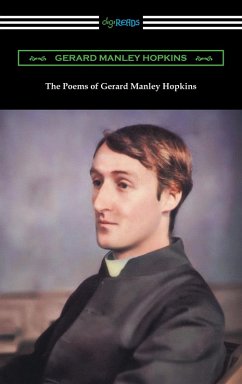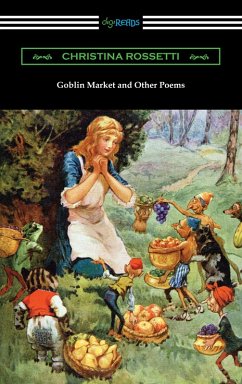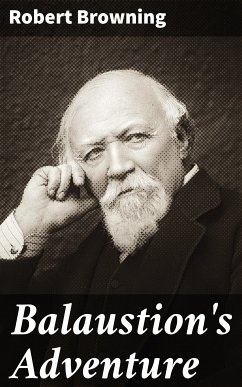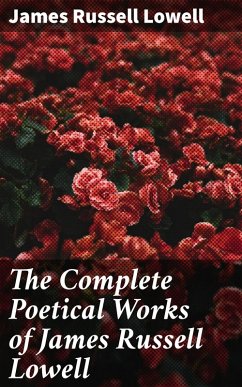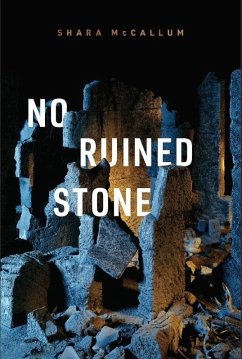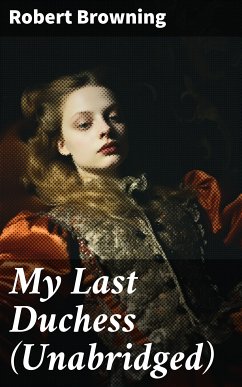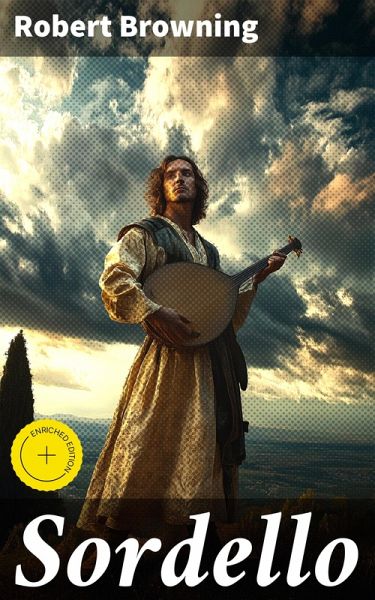
Sordello (eBook, ePUB)
Enriched edition. Ambition, Love, and Art: Unraveling Browning's Poetic Tapestry
Kommentar: Weaver, Adrian / Redaktion: Good Press

PAYBACK Punkte
0 °P sammeln!
In "Sordello," Robert Browning delves into the complexities of identity, artistry, and political struggle through the life of a fictitious troubadour in medieval Italy. The narrative employs a unique dramatic monologue, showcasing Browning's masterful command of language and evocative imagery, intertwining the personal with the historical. Within its intricate structure, the poem not only explores Sordello's aspirations but also reflects on the broader themes of self-definition and societal expectation, mirroring the tumultuous socio-political landscape of 19th-century Europe, which was ripe w...
In "Sordello," Robert Browning delves into the complexities of identity, artistry, and political struggle through the life of a fictitious troubadour in medieval Italy. The narrative employs a unique dramatic monologue, showcasing Browning's masterful command of language and evocative imagery, intertwining the personal with the historical. Within its intricate structure, the poem not only explores Sordello's aspirations but also reflects on the broader themes of self-definition and societal expectation, mirroring the tumultuous socio-political landscape of 19th-century Europe, which was ripe with Romantic ideals and philosophical inquiry. Robert Browning, a pivotal figure in Victorian poetry, draws upon his deep interest in history, art, and psychology to craft this ambitious narrative. His exposure to Italian culture and his ongoing engagement with the conflicts of his day undoubtedly influenced him; Browning's fascination with the overlapping realms of the personal and the political is vividly expressed throughout the work. Browning sought to express the artist's struggle for integrity and recognition in a world rife with competing ideologies, making him resonate deeply with modern artistic challenges. "Sordello" is a compelling read for those interested in the interplay of artistry and politics, as well as for readers who appreciate poetry that demands intellectual engagement. Browning's dense but rewarding style invites the reader to explore the depths of human ambition, making this work a significant study in Romantic literature. Its richness in symbolism and narrative merit careful exploration, offering insights that remain relevant today. In this enriched edition, we have carefully created added value for your reading experience: - A succinct Introduction situates the work's timeless appeal and themes. - The Synopsis outlines the central plot, highlighting key developments without spoiling critical twists. - A detailed Historical Context immerses you in the era's events and influences that shaped the writing. - An Author Biography reveals milestones in the author's life, illuminating the personal insights behind the text. - A thorough Analysis dissects symbols, motifs, and character arcs to unearth underlying meanings. - Reflection questions prompt you to engage personally with the work's messages, connecting them to modern life. - Hand-picked Memorable Quotes shine a spotlight on moments of literary brilliance. - Interactive footnotes clarify unusual references, historical allusions, and archaic phrases for an effortless, more informed read.
Dieser Download kann aus rechtlichen Gründen nur mit Rechnungsadresse in A, B, BG, CY, CZ, D, DK, EW, E, FIN, F, GR, H, IRL, I, LT, L, LR, M, NL, PL, P, R, S, SLO, SK ausgeliefert werden.




